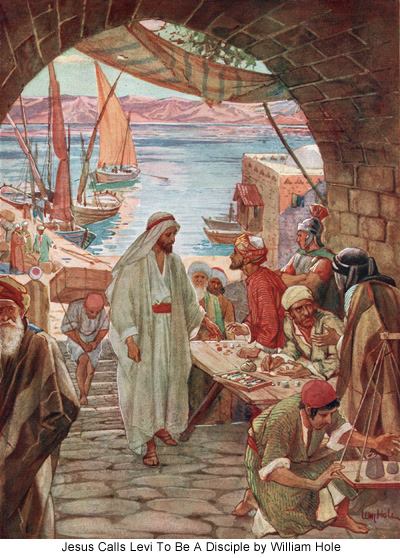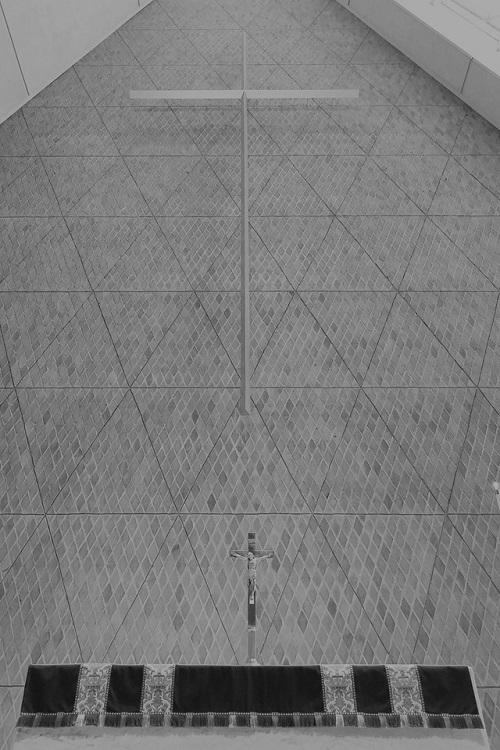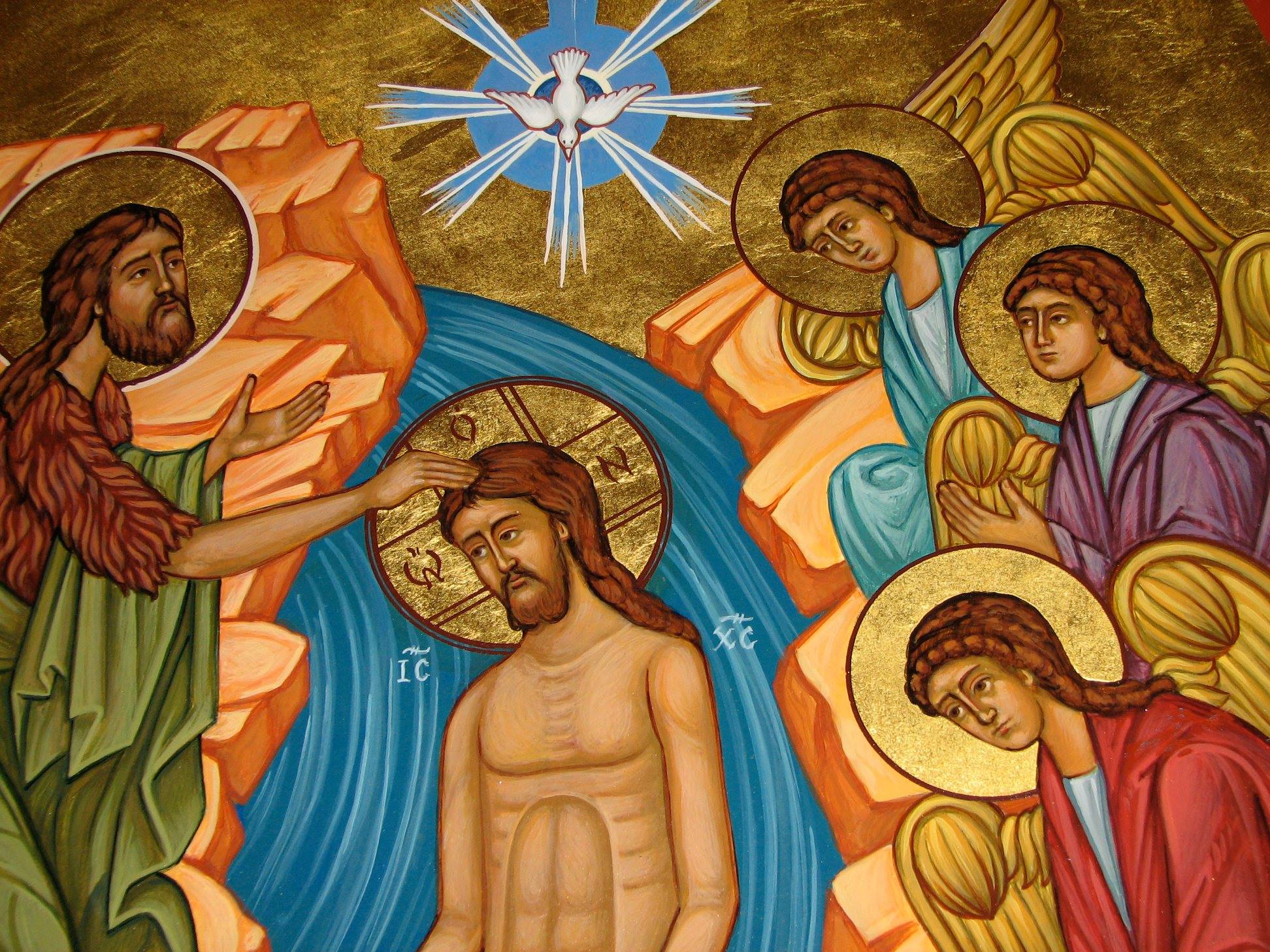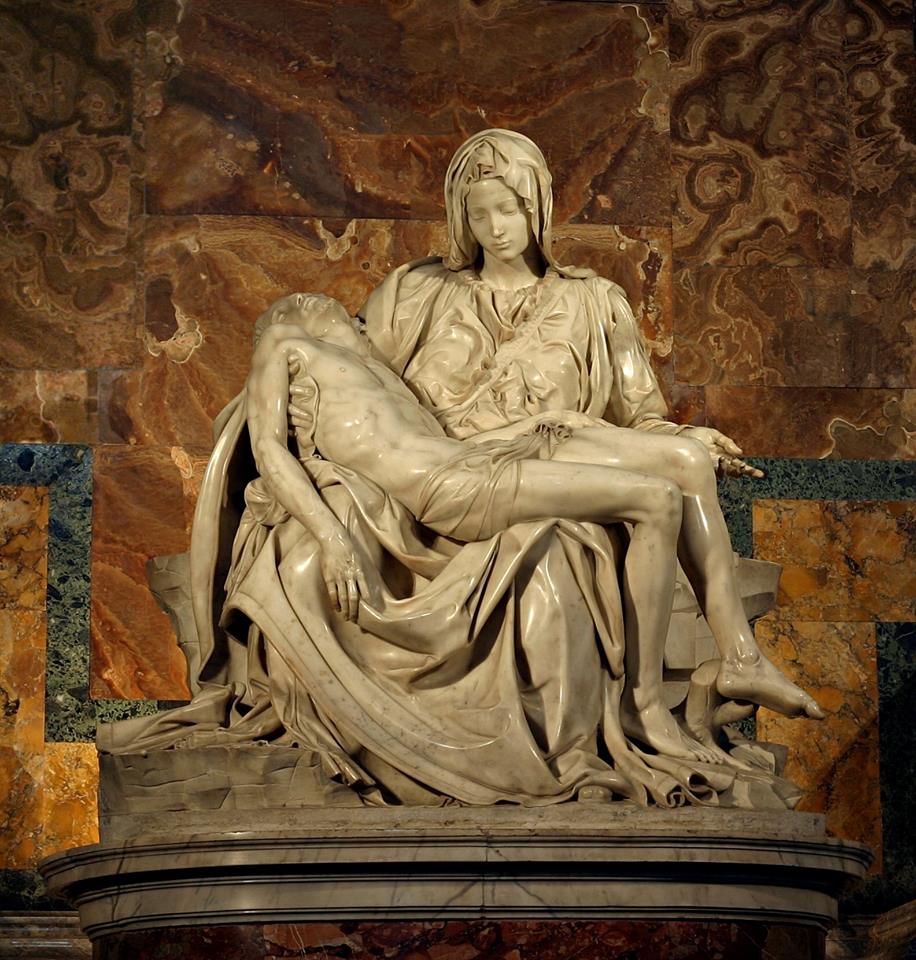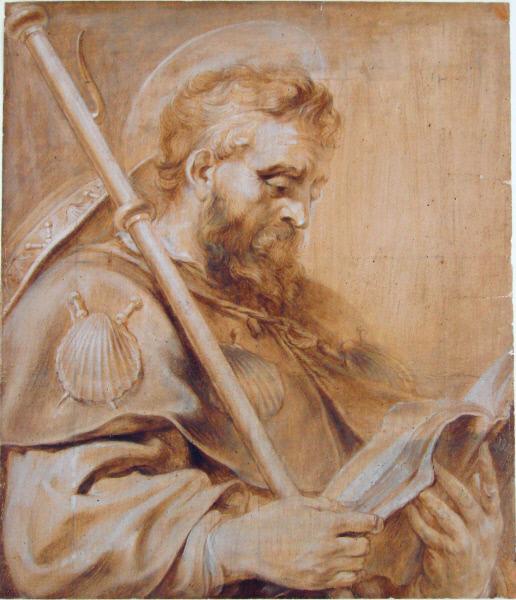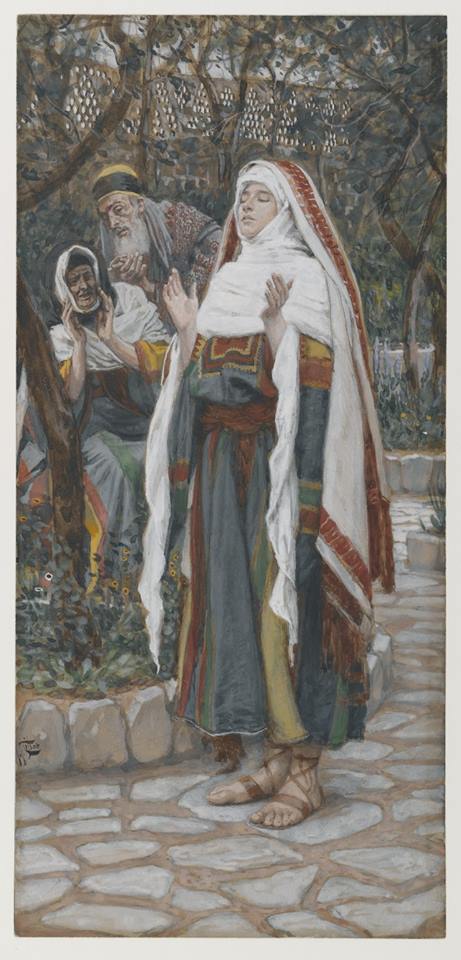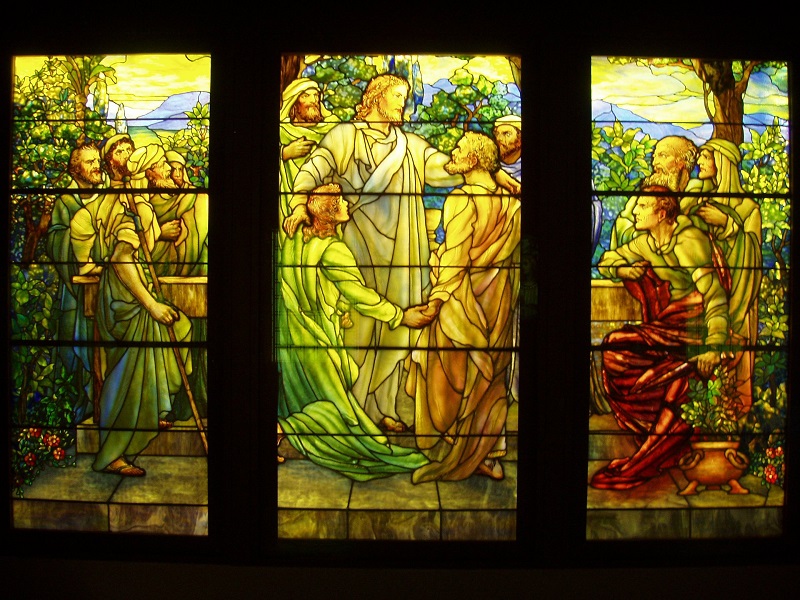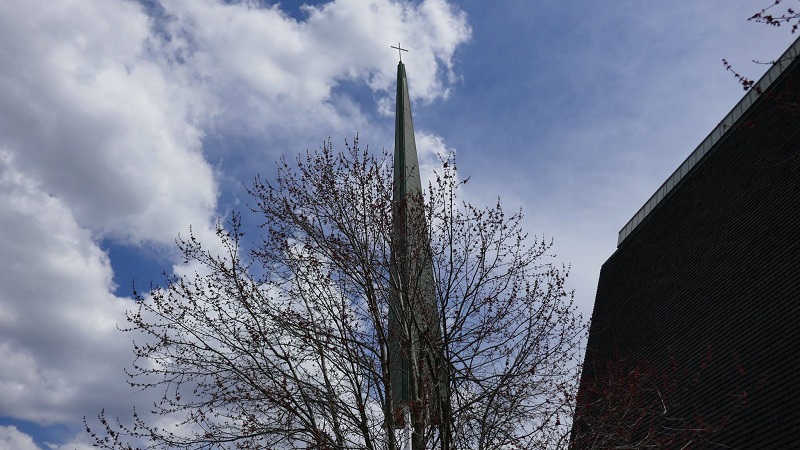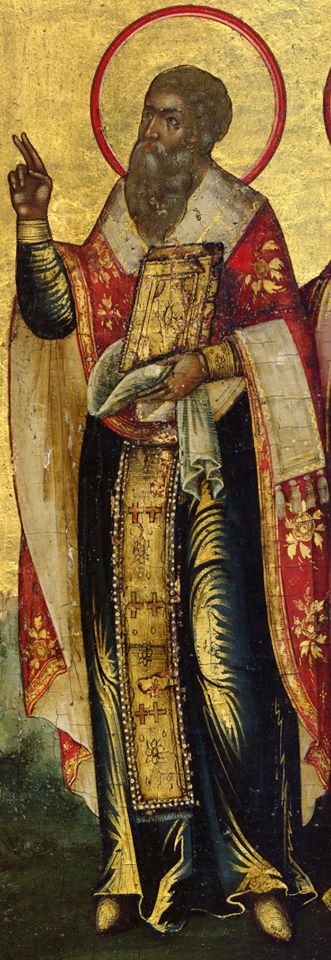 Today is the feast of St. James of Jerusalem, Brother of Jesus and Martyr. James’ first appearance in the Bible is inauspicious, as he is counted among the unbelieving when Jesus taught in his hometown in Matthew 13:54-58:
Today is the feast of St. James of Jerusalem, Brother of Jesus and Martyr. James’ first appearance in the Bible is inauspicious, as he is counted among the unbelieving when Jesus taught in his hometown in Matthew 13:54-58:
And coming to his hometown he taught them in their synagogue, so that they were astonished, and said, “Where did this man get this wisdom and these mighty works? Is not this the carpenter’s son? Is not his mother called Mary? And are not his brothers James and Joseph and Simon and Judas? And are not all his sisters with us? Where then did this man get all these things?” And they took offense at him. But Jesus said to them, “A prophet is not without honor except in his hometown and in his own household.” And he did not do many mighty works there, because of their unbelief.
James came to faith after Jesus died and rose again (1 Corinthians 15:7): “Then he appeared to James, then to all the apostles.”
He was also instrumental in the council recorded in Acts 15:12-22a, clearly recognized as a leader of the early Church in Jerusalem:
And all the assembly fell silent, and they listened to Barnabas and Paul as they related what signs and wonders God had done through them among the Gentiles. After they finished speaking, James replied, “Brothers, listen to me. Simeon has related how God first visited the Gentiles, to take from them a people for his name. And with this the words of the prophets agree, just as it is written,
“‘After this I will return,
and I will rebuild the tent of David that has fallen;
I will rebuild its ruins,
and I will restore it,
that the remnant of mankind may seek the Lord,
and all the Gentiles who are called by my name,
says the Lord, who makes these things known from of old.’
Therefore my judgment is that we should not trouble those of the Gentiles who turn to God, but should write to them to abstain from the things polluted by idols, and from sexual immorality, and from what has been strangled, and from blood. For from ancient generations Moses has had in every city those who proclaim him, for he is read every Sabbath in the synagogues.”
Then it seemed good to the apostles and the elders, with the whole church, to choose men from among them and send them to Antioch with Paul and Barnabas.
The first-century historian Josephus (and others) hold that James was stoned in the 60s AD, martyred for his faith.

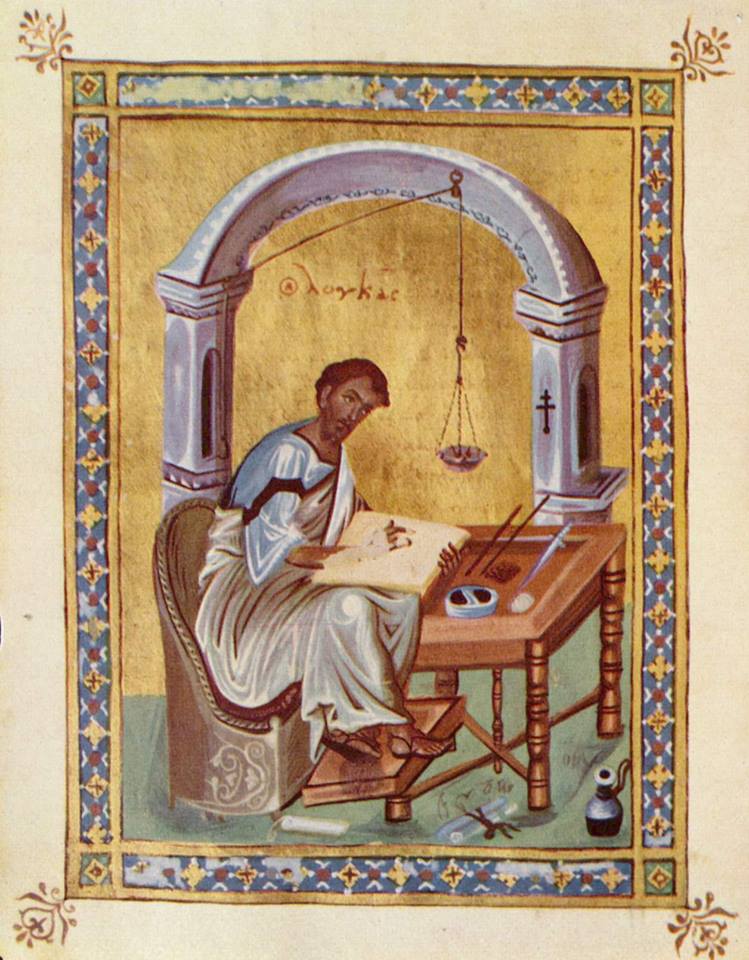
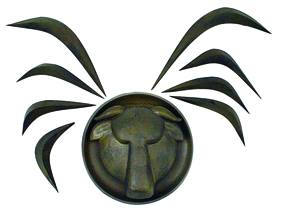 This is a photo of St. Luke’s Gospel shield, one of the New Testament Evangelist Shields which hang in Wyneken Hall. The winged ox is the symbol of highest sacrifice, chosen centuries ago to represent the Gospel of Luke because of his detailed accounts of the Lord’s sacrificial work.
This is a photo of St. Luke’s Gospel shield, one of the New Testament Evangelist Shields which hang in Wyneken Hall. The winged ox is the symbol of highest sacrifice, chosen centuries ago to represent the Gospel of Luke because of his detailed accounts of the Lord’s sacrificial work.